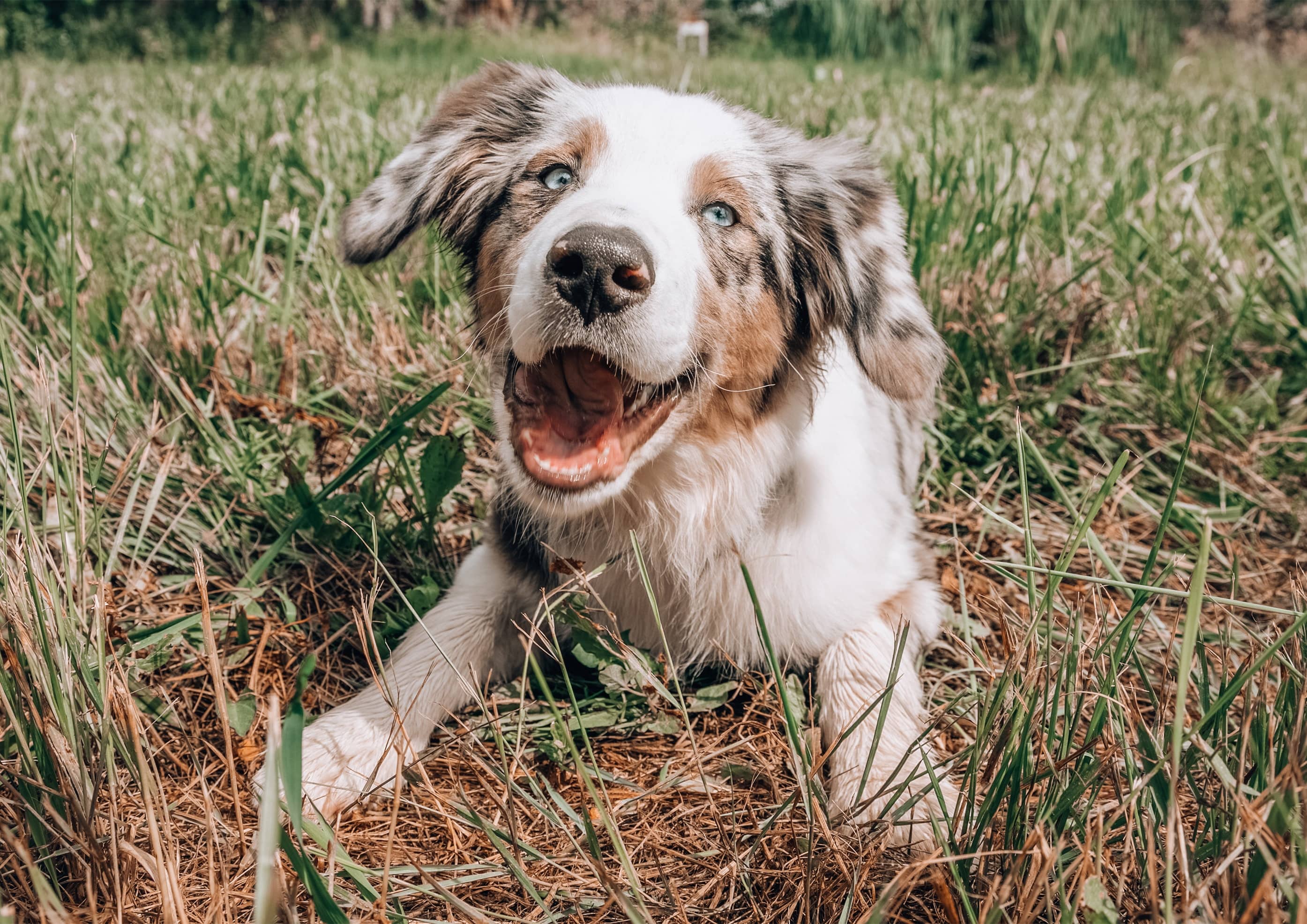Do dogs smile? Dogs are able to experience a wide range of emotions, such as joy. Those of us who have a dog at home can realize when he is happy, and we learn to identify the causes that cause that emotion. For example, when you go for a walk, play with us or other dogs or enjoy your favorite food.
But do dogs smile? And why are dogs smiling? Do you have your own sense of humor? Here we will try to answer the most frequently asked questions about the laughter of dogs, you can not miss it!
Dogs and emotions
To find out if dogs smile, we must first wonder how dogs live emotions, such as joy, love and fear. Thanks to advances in science and technology, today we know that dogs experience basic emotions in a similar way to humans. This is mainly because our best friends possess the same brain structures as us and emotions are “processed” in the deep regions of the brain that make up the limbic system.
In dogs and humans, emotions occur from stimuli in the brain and memory. This interpretation process that makes it possible to feel various emotions involves neuronal activity and the release of hormones that produce some chemical changes in the body.
For example, dogs, like humans, produce oxytocin, better known as “love hormone,” and for that reason, they feel love for their owners and express it in different ways.
However, there is still a long way to go to learn about the minds and feelings of our best friends, but we can already say that dogs do have very complex emotions, similar to people.

Do dogs laugh when they’re happy?
Usually, tutors perceive that their dogs are happy thanks to the energetic movements of their tail.
However, our best friends express their joy in various ways through their body language, including their postures, facial expressions, gestures and actions. And if you’re wondering if dogs smile, the answer is: Yes! Dogs laugh, even if they don’t exactly like us.
How do dogs smile?
Experts who have been dedicated to studying emotions in dogs and their bodily expressions indicate that a laughing dog usually has an open, relaxed and stretched mouth to the sides, causing his mouth to curve slightly. In addition, we usually observe the ears back and relaxed, tongue in sight and energetic tail. Your eyes are usually relaxed and can be squinted as a sign of relaxation.
While it is possible to see your teeth by opening your mouth. We clearly notice the difference with an angry dog, which teaches the teeth and takes a defensive stance.
Being experiencing a positive emotion like joy, logically, your body language should not include signs of fear or aggression. A dog that laughs and is happy is a stable and confident dog. You enjoy sharing activities with your family and other dogs.
Of course, the body language of the dog, is very complex and each dog is a unique individual. So your way of smiling can vary depending on your personality, mood, environment and the context you find yourself in at every moment of your life.
And how do dog laughter sound?
When people laugh, we usually make a characteristic sound that accompanies a sincere and prolonged smile. And according to a study by ethologist Patricia Simonet of the University of Nevada (USA), dogs may also have laughter.
To discover laughter in dogs, Dr. Simonet recorded the sounds emitted by dogs when they played with other dogs in the parks.
Hearing and analyzing his recordings, he discovered that, while the dogs play, their gasp sounds in a very particular way.
When a dog interacts positively with other dogs and is happy, it emits a choppy sound in the middle of its usual gasp. And then the other dogs respond, being more excited and willing to play, which intensifies the game session.
According to Dr. Simonet, this kind of choppy gasp would be the vocalization of dog laughter.
This study also carried out it with dogs that are in shelters. They recorded the sounds emitted by the dogs before being rescued, and when they are adopted by a family. So he managed to identify similar gasps that emitted the dogs he recorded in the park. In addition, it was notable to improve the mood of the dog, reducing symptoms of stress and nervousness.
Perhaps that is why our best friends always manage to infect us with their joy, improving each of our days.
Based on the above, we can answer the question “Do dogs smile in the affirmative?








